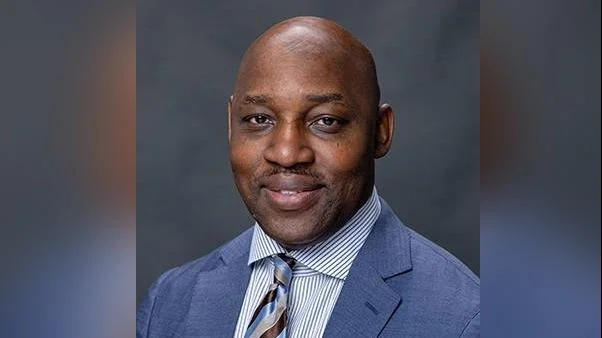Art Malloy Vice President for Student Affairs | University of North Dakota
Art Malloy Vice President for Student Affairs | University of North Dakota
Christina Erickson of the University of North Dakota explores the topic of spanking, nearly 50 years after a Supreme Court ruling allowed physical punishment in schools. Erickson authored “Spanked: How Hitting Our Children is Harming Ourselves,” discussing with The Conversation the scope and impact of spanking.
Despite worldwide movements against child spanking, more than a third of U.S. states still permit teachers to paddle students, with over 100,000 cases annually. Erickson notes, “Children are the only individuals in society who can be hit by another person and the law does not regard it as assault.”
Globally, 68 nations have banned all forms of corporal punishment since Sweden led the way in 1979. Erickson indicates that U.S. laws permit parental spanking, provided it results in no physical injury. This practice, labeled as an "Adverse Childhood Experience," potentially leads to negative long-term health outcomes.
Spanking may reduce immediate misbehavior but poses risks for escalating violence within families, potentially intertwining with child protection systems. Erickson cites evidence that spanking young children could increase later intervention by Child Protective Services by 33%.
In schools, policies vary, with some districts seeking parental permission for paddling while others do not. Erickson describes how “spank” as a term obfuscates the severity of the action, which can involve various implements, thus heightening the risk of abuse.
As societal views shift, public support for spanking has decreased. Campaigns to prevent school corporal punishment continue, with 31 states banning paddling. Erickson suggests, "Spanking’s negative influence on children’s behavior has been documented for decades," asserting that the practice induces stress and fails to instill healthy behaviors.
The American Psychological Association, reflecting long-term research, advises against spanking due to its harmful association with child abuse. Erickson urges alternative discipline methods better suited for developmental growth, stressing the importance of understanding a child’s needs and behaviors.
###





 Alerts Sign-up
Alerts Sign-up